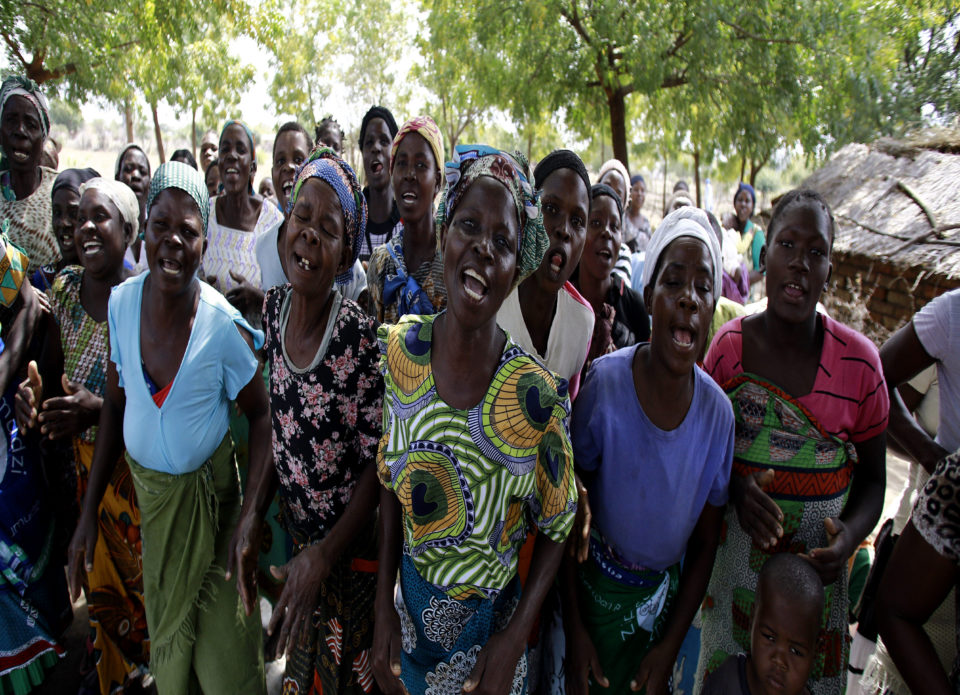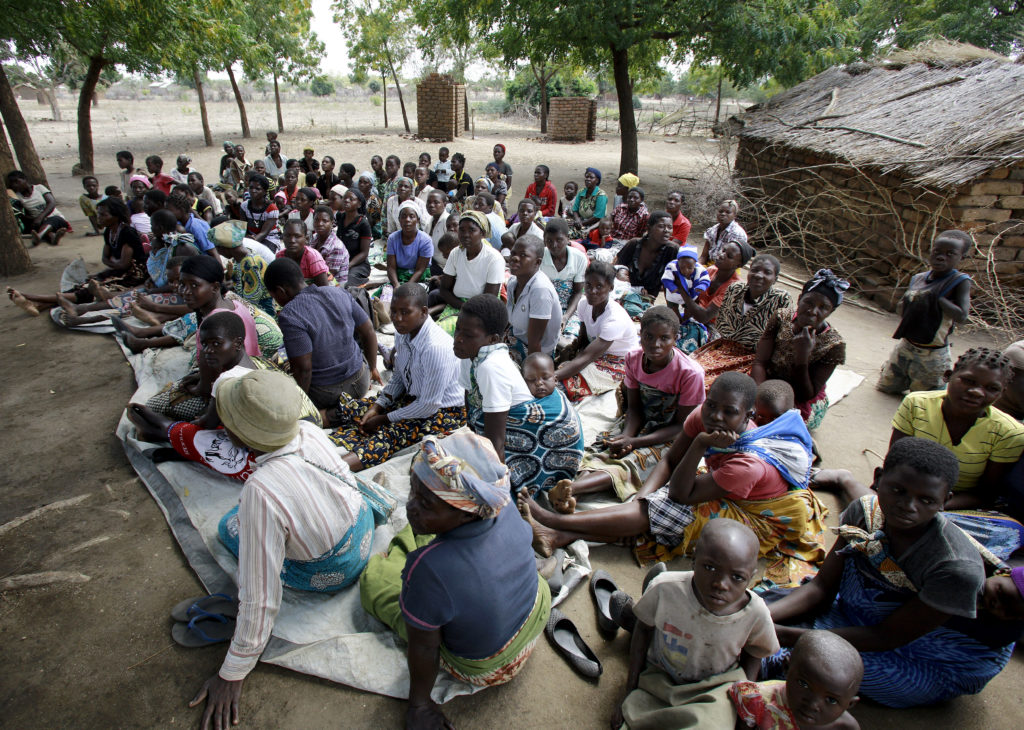 Press Release, Stories
Press Release, Stories
November 28, 2016 • 3 min read
There needs to be cultural and attitudinal changes right across Malawian society.

"Irish consortium in Malawi embarks on 16 days of activism to work together to help end violence against women and girls."
As part of the UN-supported global advocacy campaign to raise awareness of (and help combat) gender-based violence (GBV), a consortium of Irish groups based in Malawi has organised a series of events to be held in the country.
The 16 days of activities* – from November 25 to December 10 – have been organised by GOAL, Concern Worldwide, Self Help Africa, Trocaire, Irish Rule of Law, and the Irish Embassy. The local objective is to encourage government, civil society, and international organisations in Malawi to work together to help end violence against women and girls.
A recent comprehensive survey* on GBV in Malawi found that 61 per cent of female respondents had experienced sexual violence, while 64 per cent had suffered some other form of physical assault. Given the patriarchal nature of Malawian society and the lack of knowledge of their rights on the part of females (and the consequent fear of reporting violence against them), the true figure is certain to be much higher.
Compelling evidence is emerging that food insecurity is an exacerbating factor in respect of GBV. Malawi is currently experiencing its worst food crisis in over a decade; 6.5 million people, or one in three Malawians, will suffer critical food shortages until the next harvest is due in April 2017.
As just one example of many of how such a dire state of food insecurity increases the incidences of GBV: Women and girls are increasingly having to travel longer distances from home, often having to sleep overnight outside depots, to access subsidised food. This leaves them particularly vulnerable to sexual predation.
Aid agencies in Malawi, including GOAL, are trying, with some success, to address this particular problem by providing some form of economic freedom and home food-production to single-female households.
Ruth Sinosi, a 40-year-old widow with two children from the Nsanje District, is a beneficiary of the DISCOVER (Developing Innovative Solutions with Communities to Overcome Vulnerability through Enhanced Resilience) programme, funded by the Foreign, Commonwealth and Development Office (FCDO). She has been a member of her local “stove production” group since 2012: “I can produce around fifty stoves in a month, and make over MK 25,000 (€33:00) from selling them.” Ruth saves some of her income with her Village Savings and Loans Group (which GOAL also helped initiate) allowing her to manage her income and access loans: “I have managed to do a lot with the money I’ve earned from my stoves. I’ve bought a cow, a solar panel for electricity and had a brick wall built around my house.”
Ultimately, however, the provision of food security can only go a tiny way towards eliminating GBV in Malawi. In the longer term, there needs to be cultural and attitudinal changes right across Malawian society. Leaders at all levels must address the root societal causes of women and girls being treated as mere objects, subject to violence and control, and used and abused for gratification. Crucially, women and girls need to be made aware of their fundamental right to live free from violence, and given adequate legal and social protections to do so. If Malawi is to thrive, the females of today must be empowered to protect themselves and those who come after them.
*More details soon on the 16 days of activities
*Ministry of Gender, Children and Disability and Social Welfare; Centre for Disease Control; UK AID and UNICEF (2013), Violence against Children and Young Women in Malawi

